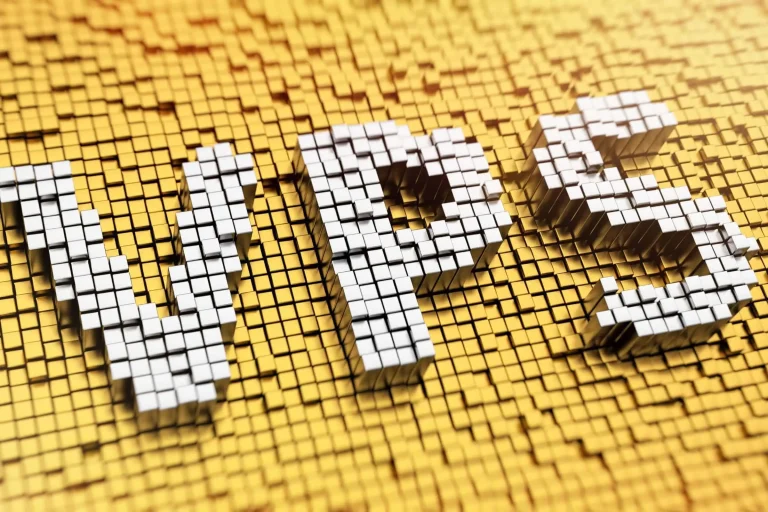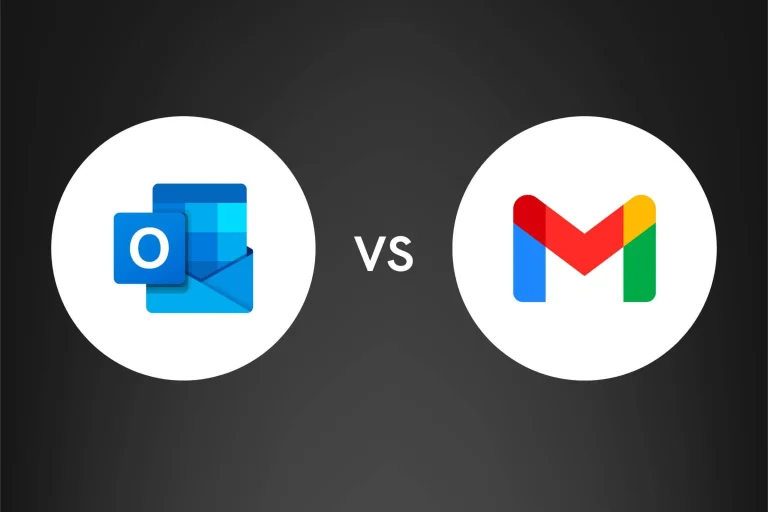As the internet becomes an increasingly important part of everyday life, it’s essential to ensure that your website is secure. One way to do this is by getting an SSL certificate. But what exactly is an SSL certificate, and why should you get one? This article will explain SSL certificates and why they’re so important. Read on to find out more!
What is an SSL Certificate?
An SSL Certificate is a digital certificate that establishes the identity of a website and encrypts information sent to the server using SSL technology. SSL Certificates are typically used to protect credit card transactions, data transfer and login credentials.
The certificate contains information about the website’s owner, including the domain name, company name, address and other information. It also contains a public key to be used for encryption and a private key for decryption. The SSL Certificate is then digitally signed by a Certificate Authority (CA) to verify its authenticity and integrity.
The Benefits of Using SSL Certificates
If you’re running a website, you need an SSL certificate. Period. You need an SSL certificate even if you don’t take payments on your site and don’t handle sensitive information. Here’s why:
An SSL certificate is the best way to protect your website from attacks. It encrypts all the information that passes between your website and visitors’ browsers, making it impossible for hackers to eavesdrop on the communications.
An SSL certificate also authenticates your website. This means that your visitors can be confident that they’re communicating with your site and not a fake site set up by a hacker.
Finally, an SSL certificate helps to improve your search engine ranking. For example, Google has stated that they prefer sites that use SSL certificates in their search results.
So there are three good reasons to get an SSL certificate for your website; if you’re not already using one, go get one now!
Different Types of SSL Certificates
There are three main types of SSL certificates: Domain Validated (DV), Organization Validated (OV), and Extended Validation (EV).
- Domain Validated (DV) Certificates are the most basic type of certificate. They provide encryption for data transmitted over HTTPS but do not confirm who owns or operates the domain or any other details about it. This makes them suitable for websites with no sensitive information, such as blogs or simple informational sites. Domain Validated certificates are the most basic and are typically the easiest and fastest to obtain. All you need to do is prove that you own the domain.
- Organization Validated (OV) Certificates are more secure than DV certificates because they require proof that a company owns or operates the domain name in question. The issuing authority verifies domain ownership before granting OV certs which provide extra trustworthiness to customers visiting the site. These are suitable for sites with sensitive information, such as online stores and banking sites.
- Extended Validation (EV) Certificates provide an even higher level of security than OV certificates because they require proof that a company owns or operates the domain name in question and also confirms its identity through detailed verification procedures before granting EV certs which provide maximum trustworthiness to customers visiting the site. These are suitable for e-commerce sites that handle sensitive customer data such as credit cards or social security numbers. Extended Validation certificates offer the highest level of security and trust, as they require a rigorous vetting process.
So, which type of SSL certificate is right for you? It depends on your needs. For example, a DV certificate will likely suffice if you’re just looking to secure a personal website. But if you’re running an online business or handling sensitive information, you’ll want to go with an OV or EV certificate.
How to Choose the Right SSL Certificate
When it comes to SSL certificates, there are a lot of different options to choose from. So how do you know which one is right for your website? Here are a few things to keep in mind when choosing an SSL certificate:
- What type of website do you have? If you have a simple website with only a few pages, you probably don’t need an Extended Validation (EV) SSL certificate. EV certificates are more expensive and are usually only necessary for eCommerce websites or other sites that handle sensitive information.
- How much traffic does your website get? If you have a high-traffic website, you’ll want to choose an SSL certificate that can handle the volume. Otherwise, your site may experience a slowdown or even crash.
- What’s your budget? Obviously, the cost is going to be a factor in your decision. But don’t sacrifice security to save a few bucks – it’s not worth it!
Keep these things in mind, and you should be able to find the right SSL certificate for your website.
Installing and Configuring an SSL Certificate
Installing and configuring an SSL certificate is a relatively simple process, but there are a few things to keep in mind. First, you’ll need to generate a CSR (Certificate Signing Request) from your server. This can be done through your hosting control panel or via the OpenSSL command line tool. Once you have your CSR, you’ll need to purchase an SSL certificate from a trusted Certificate Authority. Once you have your certificate, you can install it on your server. Again, this can be done through your hosting control panel or the OpenSSL command line tool. Finally, you’ll need to configure your web server to use the new SSL certificate. This will vary depending on which web server software you use, but most servers make it fairly straightforward to configure SSL.
Troubleshooting Common Issues with SSL Certificates
If you’re having trouble with your SSL certificate, there are a few common issues that you can check. First, make sure that your certificate is valid and has not expired. If it has expired, you’ll need to renew it. You can check the validity of your certificate by visiting the Certificate Authority’s website and looking up your certificate’s serial number.
If your certificate is valid but still has problems, try restarting your web server. Sometimes the server just needs a fresh start to recognize the new certificate. If that doesn’t work, check your web server’s configuration to ensure the correct certificate is used. Finally, if you’re still having trouble, contact the support team for your web server or the Certificate Authority for help troubleshooting the issue.
Alternatives to SSL Certificates
If you’re running a website, you need an SSL certificate. Period. No ifs, and, or buts about it. SSL certificates provide encryption and authentication for your website, ensuring that your visitors’ data is safe from third-party interception.
But what if you can’t afford an SSL certificate? Or what if your website doesn’t warrant the added security of an SSL certificate? In these cases, there are alternatives to SSL certificates that can provide some level of protection for your website.
One alternative is to use a VPN. A VPN encrypts all of the traffic between your computer and the VPN server, making it impossible for third parties to intercept or eavesdrop on your traffic. However, VPNs can be slow and expensive, so they’re not ideal for all websites.
Another alternative is to use HTTP Strict Transport Security (HSTS). HSTS is a header that tells browsers to always connect to a website using HTTPS, even if the user types in http://www.example.com. This prevents man-in-the-middle attacks and ensures that all traffic to and from your website is encrypted. However, HSTS requires that you have an SSL certificate installed on your server before enabling it.
Finally, you can use a content delivery network (CDN) that provides SSL protection for your website. CDNs are networks of servers that deliver content to users based on their geographic location.
How can I get an SSL certificate for my website?
If you’re looking to add an SSL certificate to your website, there are a few things you’ll need to do. First, you’ll need to generate a CSR (Certificate Signing Request) from your server. Once you have your CSR, you’ll need to submit it to a CA (Certification Authority) for approval. After your certificate is approved, you’ll need to install it on your server and configure your site to use HTTPS.
How can I tell if my website has SSL?
If you’re unsure whether your website has SSL, there are a few ways to check. First, look for HTTPS:// at the beginning of your website’s URL. If you see it, that means your website is using an SSL.
Another way to tell is to look for a padlock icon in your browser’s address bar. When you’re on an SSL-secured website, this icon will be visible.
Finally, you can check with your web hosting provider to see if they offer SSL certificates. If they do, that means you can add SSL to your website.
Importance of SSL Certificates for SEO
An SSL certificate is important in SEO because it helps ensure a website’s security. A secure website is more likely to be ranked higher in search engine results pages, which can lead to increased traffic and conversions. When a website is secure, it also instils trust in visitors, which can further improve conversions.
Overall, the importance of SSL for SEO cannot be understated. If you are not already using SSL on your website, then consider doing so. It could significantly affect your website’s security and search engine ranking.
Conclusion
In summary, SSL certificates are a must-have for any business. They protect your website from malicious attacks and help you to be seen as trustworthy by customers. Installing an SSL certificate is simple, and there are plenty of options today. Take the time to research the different types of certificates available and find one that meets your specific needs. An SSL certificate will help secure your website and give visitors peace of mind when browsing or making purchases online.
















